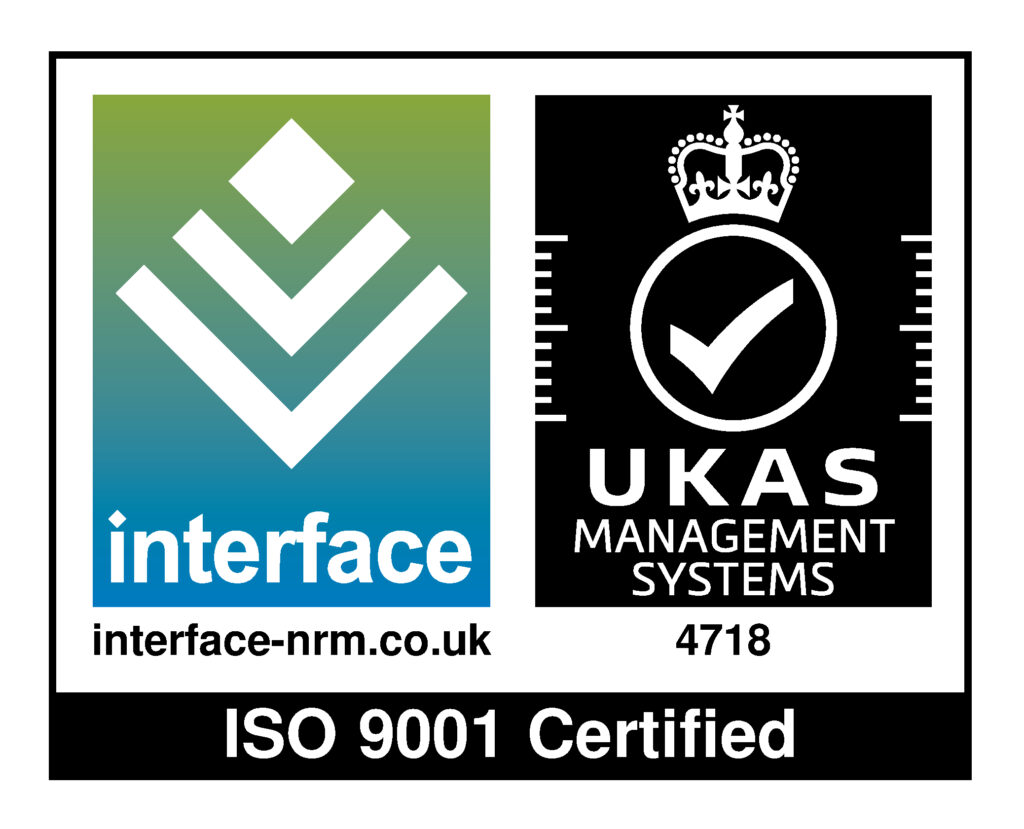Drones take medical supplies to new heights during pandemic
The COVID-19 pandemic has forced governments and other stakeholders to explore how innovative technologies can assist in the fight against the virus.
Some of the most exciting and promising solutions have come from within the UAV community.
From disinfecting public areas to delivering much needed medical supplies, drones are on the frontlines of the current healthcare battlefield.
Drones are not only helping with the current global health challenge, but have extended medicine’s reach for several years now. UAVs have assisted doctors around the world since around 2014. The versatility of the platform makes drones highly adaptable to a wide range of use cases.
In emergency medicine, vaccinations, and other specialties, UAVs are becoming indispensable tools to medical and healthcare professionals. A few examples are listed below.
Disinfectiong Public Spaces
As the COVID-19 pandemic began in Wuhan, China, it was clear the crisis required pulling out all the stops.
One of the first UAV companies to respond was Shenzhen, China based DJI. For several years, the company has utilized its drones for public safety efforts. As the virus spread and researchers determined COVID-19 could survive on hard surfaces, it was clear a disinfection plan for open spaces was needed.
DJI utilized drones designed to spray pesticides for the agricultural industry to address the issue. Public spaces, such as parks and bus stations, have been covered in disinfectants delivered from the air. Drones can spray an area more efficiently than people and keep cleaning personnel out of harm’s way.
While the method still needs to be researched for overall effectiveness, it provides a model for cleaning public areas in the future.
Emergency Medicine
Modern medicine has drastically increased life expectancy.
In 1950, the average life expectancy globally was around 48 years. By 2012, the average was 70 years. Much of the improvement in this number is a result of lower response times to medical emergencies.
On April 19, 2019, the world’s first successful drone supported organ transplant occurredin Baltimore, Md. A specially designed UAV flew a human kidney to the University of Maryland Medical Center, where doctors transplanted the organ into a 44-year-old Baltimore woman.
In another use case, Automated External Defibrillators (AEDs) have been affixed to drones as early as 2014, when a graduate student in the Netherlands looked to lower emergency response times for heart attack victims. Companies like Reno, Nevada’s Flirtey, are currently working with government agencies to test out drone delivered AEDs in the United States.
Initial results are promising.
Medical Supply Delivery
Around the world, drones are delivering medications and critical supplies.
Since 2014, Zipline has used drones in Rwanda and Ghana to provide blood and vaccines to rural regions. In some cases, what would have taken a traveling doctor three days to deliver across the jungle now takes 30 minutes.
In response to COVID-19, UAVs are delivering prescriptions to patients at home to respect social distancing policies. UPS and pharmacy giant CVS have teamed up in Florida to provide medications to the elderly via drones. Manna Aero has been doing the same in rural communities within Ireland.
The ability to provide supplies without direct human interaction is very appealing to both the doctor and the patient.
In a time when human to human contact must be limited, drones are an ideal solution to providing medicine at a distance. The current global climate in response to the pandemic will likely accelerate the use of UAVs in this space.
Planning For a Safe Future
The current innovative uses for UAVs are only scratching the surface of potential applications in the medical field.
For organizations exploring how drones can support their business model in the changing environment, safety should always be the primary concern.
Prior to testing drones, conduct a safety audit and develop a safety plan. Ensure operators are trained properly, establish standard operating procedures for events such as accidents and investigations, create logbooks & records, and ensure qualification requirements are met.
Drones have already had a lasting positive impact on the medical community. As new challenges from COVID-19 arise UAVs may provide many of the solutions.
Ensuring we approach these challenges in a safe manner will facilitate the best outcome for all stakeholders.
***
About Consortiq
Consortiq is a global market leader of custom drone solutions. Our employees are driven by a mission to help corporations and state organisations leverage drone technology to accelerate progress and achieve the success they desire. At Consortiq, we base our solutions on intensive quantitative and qualitative research, hard facts, and deep subject matter expertise. As a talented group of drone and manned aircraft pilots, software engineers, defense consultants, and former air traffic control professionals, Consortiq’s employees understand the intricacies of aerial platforms and are able to provide a wide range of nuanced, effective solutions.
We have a strong track record of providing training, logistical operations planning, fleet management software, risk mitigation, and legal/regulatory services, to clients in the media, public infrastructure, and public safety industries in Europe, North America, and the Middle East.
Our accredited training program helps pilots prepare and go beyond the US Part 107 and the UK PfCO.
Ready to create a UAS strategy for your business? Complete the form below to get started!

David Daly - Contributing Author
David Daly, is an award-winning photographer/writer and licensed (FAA) Commercial sUAS pilot. A graduate of the United States Naval Academy, David is a former Marine Corps officer with a BS in Oceanography and has earned his MBA from the University of Redlands. David has worked for Fortune 100 companies and has a background in aerospace, construction, military/defense, real estate, and technology.
Miriam developed a love for UAS technology when she served as operations manager at Consortiq. Today, having completed over 30 successful projects in 10 countries, she loves solving a wide variety of logistical, technical, and cultural challenges for her clients so that they can focus on what care about most.


